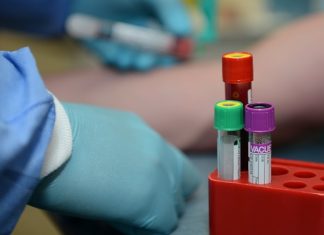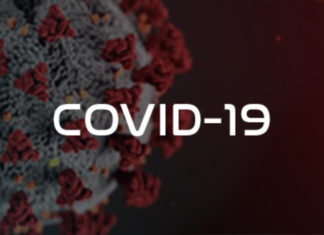Dietary supplements include things like multivitamins, protein powders, creatine, and energizing pre-workout mixtures, among others. In the United States, makers of dietary supplements are able to sell them throughout the country without having to adhere to the same strict guidelines, regulations, and laws that the United States Food and Drug Administration requires from food and drug manufacturers.
Recently, an article titled “Taking Stock of Dietary Supplements’ Harmful Effects on Children, Adolescents, and Young Adults” was published in the peer-reviewed, independent medical journal known as the Journal of Adolescent Health, which singled out and analyzed nearly 500 young people’s trips to hospitals’ emergency departments, extended stays in hospitals, disabilities, or deaths that were caused entirely or largely by dietary supplements.
Roughly 40 percent of the study’s cases involved any of the four outcomes, meaning that roughly three-fifths of the study’s analyzed cases, of which there were a total 977, were simply controls.
The study was authored primarily by Flora Or, a faculty member at Harvard University’s T.H. Chan School of Public Health. Or and her colleagues did not single out any specific ingredients of dietary supplements. Further, the study did not take into account which routes of administration were used to consume such dietary supplements.
The study reports that there are two primary ways in which people who consume dietary supplements purposefully or inadvertently harm themselves as a result of their supplement consumption: first, dietary supplements sometimes contain ingredients that are inherently risky that are not identified by name on their labels; secondly, they might not mix well with other supplements, foods, medical conditions, or medicines.
Just yesterday, on Tuesday, June 4, 2019, the Food and Drug Administration formally announced that people should immediately stop taking vinpocetine. The drug was called out by the agency after a report surfaced from the National Toxicology Program that identified a major link between the consumption of vinpocetine and the fetuses of rabbits and rats either forming abnormalities or having high rates of miscarriage upon birth.
Although the United States does not currently consider vinpocetine as a prescription drug, agencies in other countries that are similar to the FDA oversee the prescription of vinpocetine to patients for uses including boosting levels of blood flow in the human brain.
The FDA first announced that it was considering classifying vinpocetine as a prescription drug, imposing other restrictions on vinpocetine, or make it unable to be marketed as a dietary supplement in 2016.









